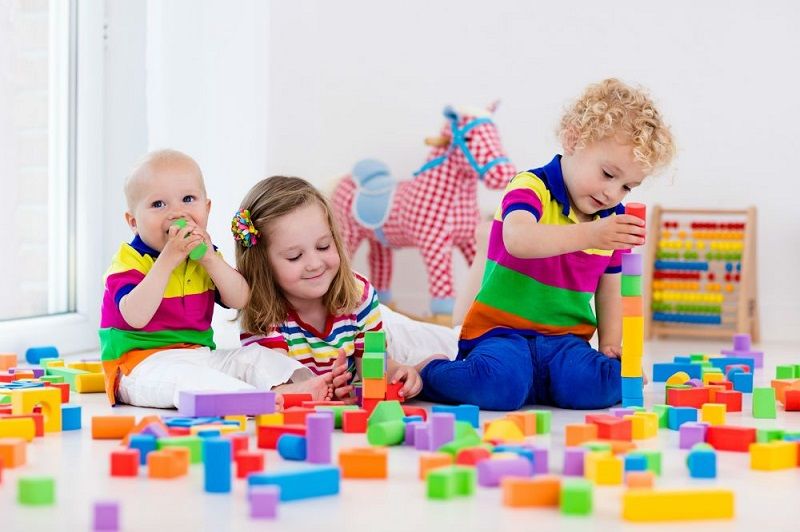At Kids First OT we are passionate about helping children develop essential life skills, reach their full potential and thrive across their environments. In this blog post, we would like to shed light on the importance of a play-based approach in nurturing a child’s skills, with a focus on how interest-based learning not only improves attention, motivation, and engagement but also accelerates goal achievement.
See below the reasons why we choose play!
1. Fosters Intrinsic Motivation.
One of the amazing aspects of play-based learning is its ability to create intrinsic motivation in children. When a child is genuinely interested in an activity, they are more likely to stay focused and persevere, leading to faster skill acquisition. Play, when guided by a child's interests is a powerful tool for building intrinsic motivation for engaging in learning tasks.
2. Enhances Attention and Concentration.
Play-based learning activities tailored to a child’s interests naturally capture their attention. In children’s day-to-day life, sustained attention and concentration are pivotal skills. When children are engaged in play, they are more likely to concentrate for extended periods, allowing for further learning opportunities. This focus translates into improved attention spans, a crucial factor in skill development.
3. Boosts Social and Emotional Skills.
Play provides a safe space for children to explore social interactions and emotional expression. Through imaginative play scenarios or collaborative games, children learn social skills such as communication, turn taking, and cooperation. When children are engaged in activities they love, they are more open to sharing, negotiating, and understanding the perspectives of others, fostering meaningful relationships and emotional understanding.
4. Encourages Cognitive and Problem-Solving Skills.
Interest-based play often involves creative and imaginative scenarios, encouraging children to think outside the box. This fosters the development of practical problem- solving skills as children navigate various challenges within the context of their play. By allowing children to explore and solve problems in a playful environment, we also empower them with essential life skills that extend beyond their playtime.
5. Accelerates Goal Achievement.
When children are motivated and engaged, they are more likely to generalise their learning and develop skills at a faster rate. No matter the goals, whether it's improving handwriting, developing emotional regulation, social skills, or enhancing fine and gross motor skills, children are more determined to meaningfully engage when they find joy and satisfaction in the activity.
To summarise, a play-based approach tailored to a child's interests is not only about having fun; it is a powerful educational tool that unlocks a child's full potential. By harnessing the intrinsic motivation from play, we can enhance attention, concentration, social emotional skills, problem-solving abilities, and goal achievement. As therapists, caregivers and educators, our role is to observe, understand, and support children’s unique interests, allowing them to flourish in a way that is both meaningful and enjoyable.
Image Credit: Nurture Pods
